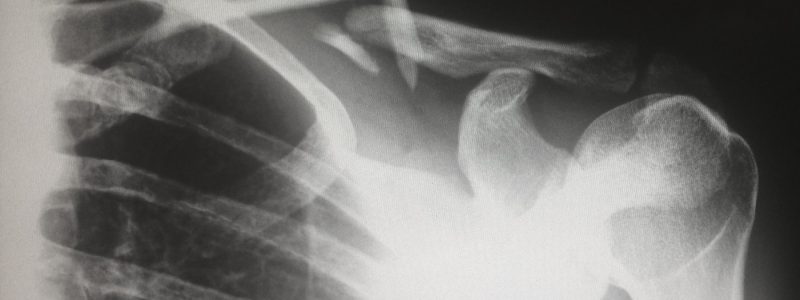
This is fascinating study that verifies the incredible importance of a healthy gut flora and balanced microbiome. We already know this matters for your mental health (depression is linked to gut dysbiosis), to auto-immune diseases through the issue of leaky gut syndrome, to allergies, eczema and chronic immune deficiencies. Now this study shows us that healthy gut flora can prevent bone loss and delay the onset of osteoporosis in the elderly. Considering that a broken leg after a fall is such a common occurrence in the elderly and has such dire consequences for their future mobility, this information should be shouted from the roof tops.
The moral of the story? Eat your ferments! Sauerkrauts, pickled and brined foods, yoghurt, kefir, kimchee – all of these are great ways to build up healthy probiotics in the gut – and delicious! No need to take a pill if you eat right.
Swedish study shows probiotics can cut bone loss
In what is being described as a world first, researchers at University of Gothenburg, Sweden, have shown that probiotics may slow bone loss in the elderly.
Among older women who received probiotics in the Swedish study, bone loss was halved compared to women who received only a placebo. The researchers say that the research opens the door to a new way to prevent fractures among the elderly.
“Today there are effective medications administered to treat osteoporosis, but because bone fragility is rarely detected before the first fracture, there is a pressing need for preventive treatments,” says Mattias Lorentzon, who is a chief physician and professor of geriatrics at Sahlgrenska Academy, University of Gothenburg.
The study was conducted at Sahlgrenska University Hospital in Mölndal, Sweden, and its results of the study are published by the Journal of Internal Medicine. Ninety elderly women, 76 years old on average, were given either a probiotic (lactobacillus reuteri 6475) or placebo in the blinded, randomized trial.
“When we finished the study after a year, we measured the women’s bone loss in their lower legs with a CT scan and compared it with the measurements we made when the study began. The women who received the probotic experience half of the bone loss of the women who received a placebo,” says Anna Nilsson, a chief physician and associate professor at Sahlgrenska Academy, University of Gothenburg. “Another positive outcome from the study was that the treatment was well tolerated and did not produce more side effects than those experienced by women who received the placebo.”
Research has shown that intestinal bacteria affect the skeletal system in mice, but this is the first study in which probiotics were used to reduce bone loss in older people.
The discovery could have important implications in the future, says Mattias Lorentzon: “Older women are the group in society most at risk of osteoporosis and fractures. The fact that we have been able to show that treatment with probiotics can affect bone loss represents a paradigm shift. Treatment with probiotics can be an effective and safe way to prevent the onset of osteoporosis in many older people in the future.”